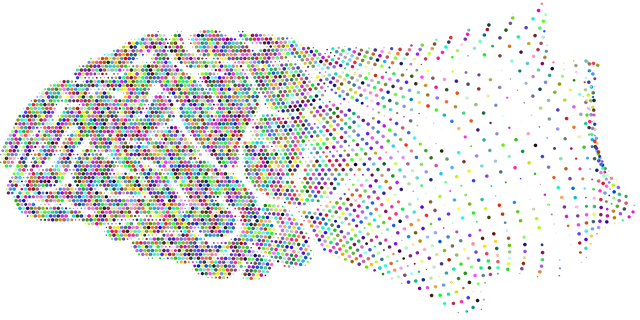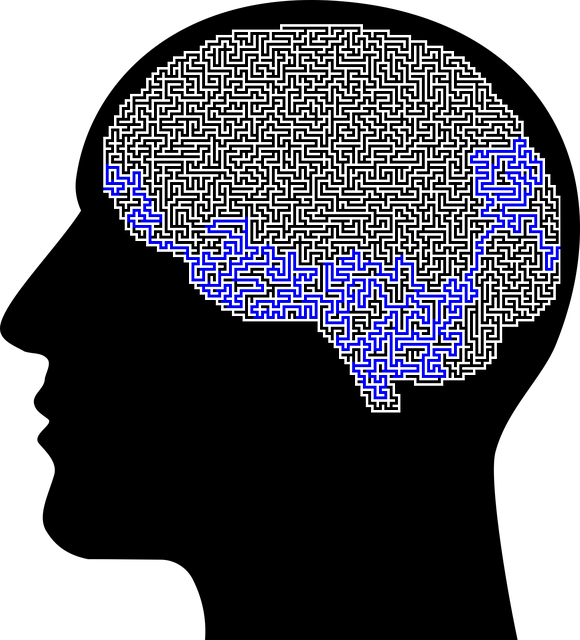Lone Tree Gender Identity Therapy offers crisis intervention as a core service, emphasizing empathy, active listening, and personalized strategies for each client's unique needs. Their approach views crises as opportunities for growth, using evidence-based practices like Social Skills Training and Burnout Prevention to develop tailored coping strategies. Integrating Conflict Resolution Techniques improves relationships and communication. Through holistic interventions, clients gain immediate relief, build long-lasting resilience, and enhanced emotional intelligence, empowering them to navigate future challenges effectively. Lone Tree Gender Identity Therapy's comprehensive crisis intervention includes Mind Over Matter techniques, Trauma Support Services, self-care education through the Mental Wellness Podcast Series, and access to specialized community resources for long-term recovery.
In times of crisis, effective intervention strategies are vital to support individuals navigating turbulent situations. This article guides readers through a comprehensive approach to crisis intervention, emphasizing the unique role of Lone Tree Gender Identity Therapy in providing specialized care. From understanding the fundamentals of crisis intervention to exploring practical strategies and post-crisis resources, each section offers valuable insights. Discover how Lone Tree Gender Identity Therapy serves as a beacon of hope, offering tailored support during challenging times.
- Understanding Crisis Intervention: A Foundation for Support
- The Role of Lone Tree Gender Identity Therapy in Crisis Situations
- Practical Strategies for Effective Intervention
- Post-Crisis Care and Community Resources
Understanding Crisis Intervention: A Foundation for Support

Crisis intervention is a critical skill set for any mental health professional, and it forms the foundation for providing effective support during challenging situations. At Lone Tree Gender Identity Therapy, we recognize that every individual’s crisis is unique, shaped by their personal history, cultural background, and specific circumstances. Therefore, our approach to crisis intervention emphasizes empathy, active listening, and tailoring strategies to meet each client’s distinct needs.
Understanding a crisis as an opportunity for growth and change is essential. Mental health professionals equipped with effective crisis intervention techniques can de-escalate intense situations, foster open communication, and guide clients towards resilience and healing. This involves assessing the immediate risks using tools like a Risk Assessment for Mental Health Professionals, identifying underlying triggers, and employing Conflict Resolution Techniques to navigate complex emotions. By integrating these strategies, we aim to prevent and mitigate crises, ultimately promoting depression prevention and long-term well-being.
The Role of Lone Tree Gender Identity Therapy in Crisis Situations

In crisis situations, Lone Tree Gender Identity Therapy offers a specialized and compassionate approach to support individuals navigating intense emotional turmoil. This therapy type is particularly beneficial for those facing challenges related to their gender identity, providing a safe space to process complex feelings and experiences. The role of therapists in these crises is pivotal; they serve as guides, helping clients unravel the intricate web of issues that often accompany gender-related distress. By employing evidence-based practices, such as Social Skills Training and Burnout Prevention techniques, therapists enable individuals to develop coping strategies tailored to their unique needs.
Moreover, Lone Tree Gender Identity Therapy integrates Conflict Resolution Techniques to address interpersonal struggles that frequently accompany identity crises. Through these interventions, clients gain valuable tools to navigate relationships, improve communication, and foster a sense of belonging. The holistic nature of this therapeutic approach ensures that individuals not only find immediate relief but also develop long-lasting resilience, empowering them to face future challenges with enhanced emotional intelligence and self-awareness.
Practical Strategies for Effective Intervention

In the realm of crisis intervention, particularly within the context of Lone Tree Gender Identity Therapy, practical strategies are paramount to effectively supporting individuals in distress. One key approach is incorporating Mind Over Matter principles, which focus on empowering clients through cognitive reframing and positive affirmations. By guiding them to challenge negative thoughts and adopt a more adaptive mindset, therapists can help individuals regain a sense of control during crises.
Additionally, Trauma Support Services play a crucial role in crisis intervention. These services cater to the unique needs of those who have experienced trauma, offering specialized techniques to process and manage intense emotions. Incorporating these evidence-based practices alongside the Mental Wellness Podcast Series Production—which provides accessible resources for self-care and mental health education—can significantly enhance the overall effectiveness of crisis intervention strategies in Lone Tree Gender Identity Therapy settings.
Post-Crisis Care and Community Resources

After a crisis intervention, providing ongoing care and supporting individuals in their recovery journey is paramount. This includes facilitating access to community resources that cater to specific needs, such as those related to gender identity therapy, as exemplified by Lone Tree Gender Identity Therapy. Mental health professionals play a crucial role in this process, offering guidance and support to help individuals rebuild their lives.
Community resources can significantly contribute to risk management planning for mental health professionals. By integrating these resources into their practices, professionals can enhance resilience building and promote mental health awareness. This holistic approach ensures that those facing crises receive comprehensive care, fostering a sense of belonging and empowerment as they navigate their path to recovery.
In conclusion, effective crisis intervention requires a multifaceted approach. As highlighted by the integration of Lone Tree Gender Identity Therapy techniques, understanding and addressing individual needs in crisis situations is paramount. By combining theoretical knowledge with practical strategies, as discussed in this article, professionals can provide tailored support that promotes healing and fosters resilience. Post-crisis care and connecting individuals to community resources further ensure long-term well-being, emphasizing the importance of a comprehensive crisis intervention strategy.














